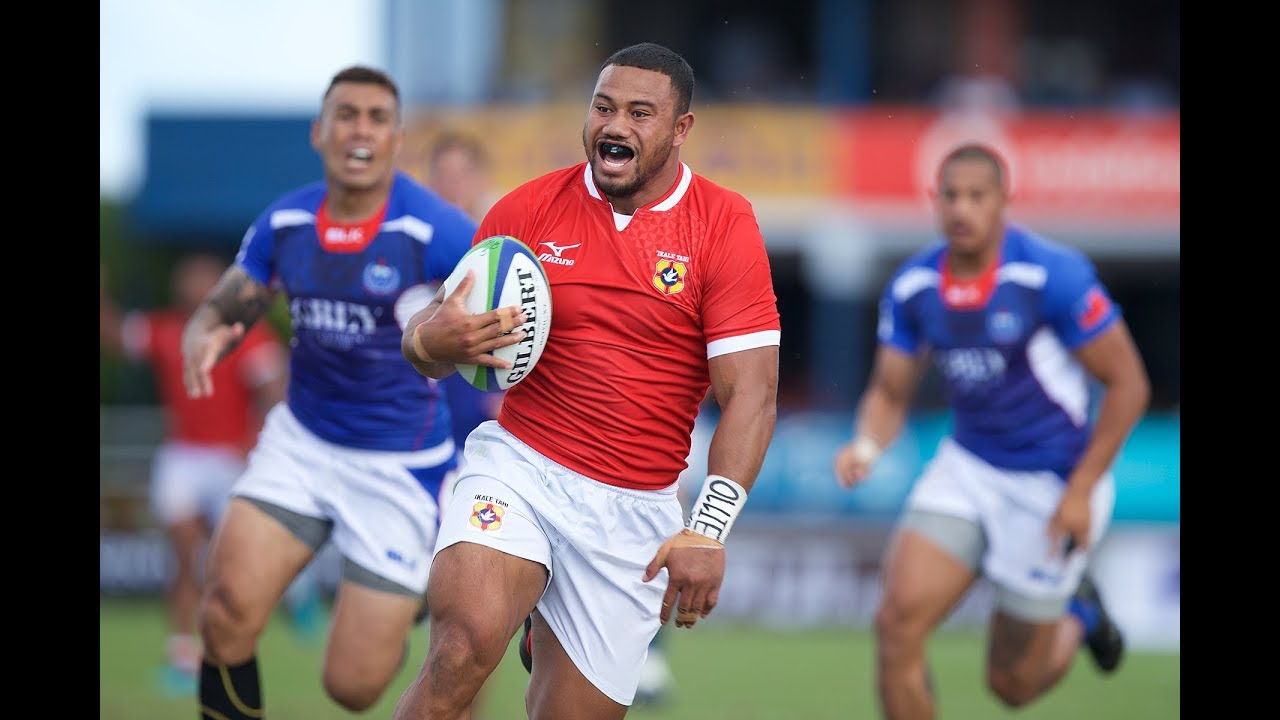
Newcastle, Australia — A name once synonymous with powerful rugby on the international stage, Penikolo Latu, formerly a formidable forward for the Tonga national team and a “Junior All Black,” now finds himself at the center of a legal storm. He has been found guilty of assault occasioning grievous bodily harm following a violent incident at a Newcastle nightclub earlier this year, a conviction that casts a long and complicated shadow over his storied athletic career.
When a Night Out Took a Violent Turn
The incident unfolded on March 1st at the King Street Hotel in Newcastle. The court detailed an altercation between Latu and an off-duty police officer, Aaron Barnett. The injuries sustained by Barnett were severe: an orbital fracture, a cerebral hemorrhage, a chipped tooth, and numerous bruises. Such a comprehensive list of harms paints a grim picture of the physical trauma inflicted.
During the intense legal proceedings, Latu did not dispute the fact that he delivered the strike. However, the core of his defense rested on the assertion of self-defense, claiming his actions were a necessary response to a perceived threat. This argument brought into sharp focus the complex intersection of a trained athlete`s physical capabilities and the legal boundaries of self-preservation in a civilian setting.
The Court`s Deliberation: Boundaries of Self-Defense
Presiding over the case, Judge Janine Lacey meticulously reviewed the evidence presented. This included extensive footage from the nightclub`s surveillance cameras, recordings from police body cameras, and Latu`s own testimony. The task at hand was to reconstruct the chaotic moments of that night with judicial precision.
Ultimately, Judge Lacey acknowledged that Latu may indeed have felt threatened, lending some credence to the subjective element of his defense. However, this acknowledgment came with a crucial qualification: the level of force employed by Latu was deemed to have significantly exceeded what could be considered reasonable or necessary under the circumstances. A critical point of law in this case was the judge`s clear declaration that the victim`s status as a police officer was irrelevant to the assessment of guilt, emphasizing that the focus remained squarely on the nature of the assault itself, rather than the identity of the injured party.
“The court`s findings underscore the intricate line between perceived threat and proportionate response. Even for individuals trained in physical confrontation, the law demands a measured approach that, in this instance, was found wanting.”
From Sporting Glory to Legal Scrutiny
Penikolo Latu`s journey through rugby saw him earn nine caps for Tonga between 2017 and 2021, and he also represented the prestigious “Junior All Blacks.” For athletes, their physical prowess is often their identity, a tool honed through years of discipline and dedication. This case, however, serves as a stark reminder that the rules governing the sporting arena do not translate to the streets, where the consequences of physical actions are judged by a different, often harsher, standard.
The conviction places Latu at a pivotal moment. His sentencing is scheduled for November, where the court will determine the appropriate legal repercussions for the grievous bodily harm caused. In a move that signals the ongoing nature of this saga, his legal team has already declared its intention to appeal the verdict. This high-profile case continues to unfold, raising pertinent questions about accountability, the strict interpretation of self-defense, and the unforgiving public and legal scrutiny faced by sports figures when their actions stray beyond the white lines of the playing field.











